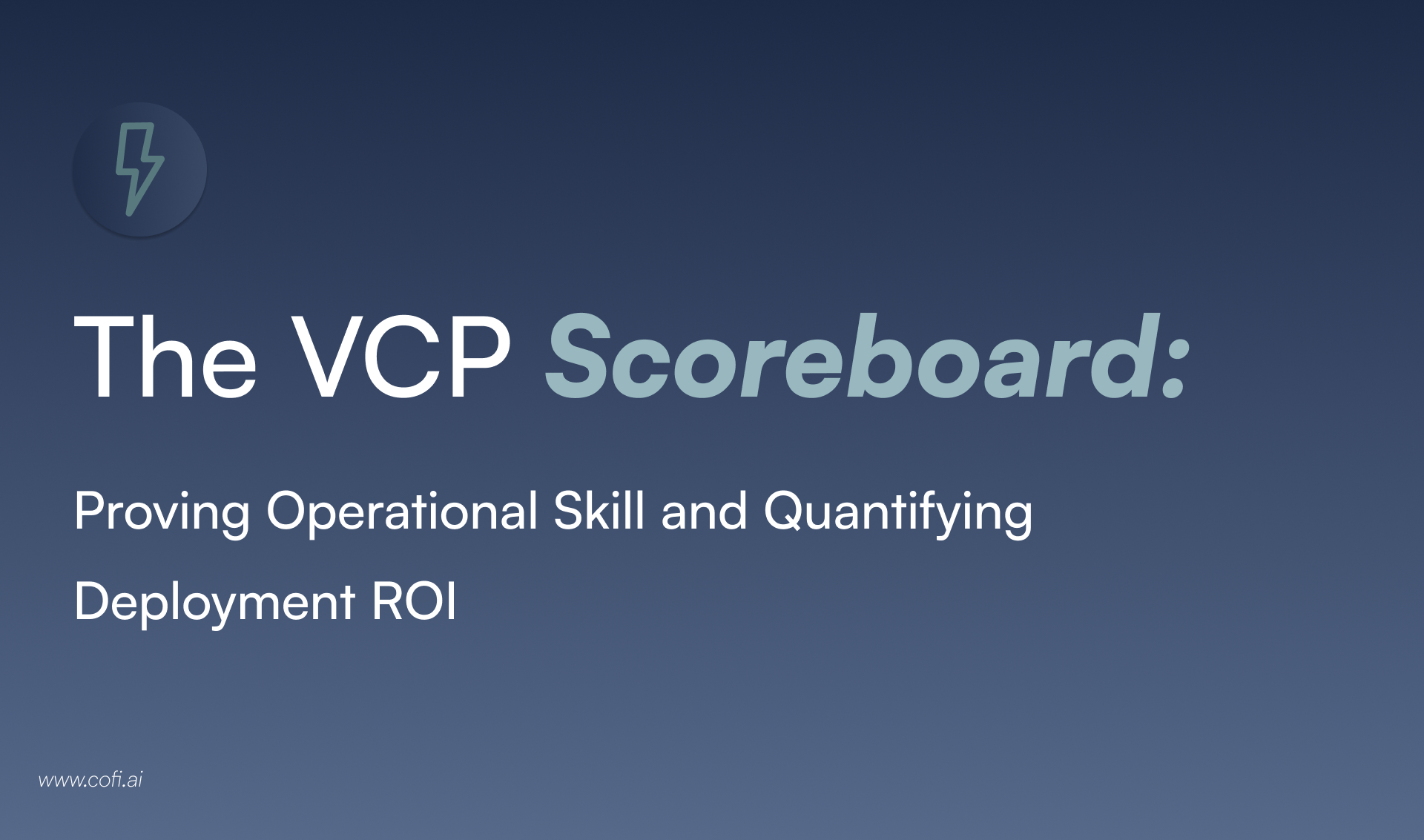.png)
Key Performance Indicators (KPIs): Critical Tools for Private Equity Firm Portfolio Management
Introduction
Key Performance Indicators (KPIs) are quantifiable metrics that reflect the performance and progress of a business towards its strategic objectives. For private equity (PE) firms, KPIs serve as essential tools in monitoring and driving the performance of their portfolio companies (PortCos). By focusing on the right KPIs, PE firms can maximize returns, manage risks, and ensure that their investments are on the path to achieving their long-term goals. The challenge most PE firms face is how to get their PortCos to report those KPIs in a timely fashion without burdening them with additional work.
The Role of KPIs in Private Equity
Private equity firms invest significant capital into PortCos with the expectation of generating substantial returns. To achieve this, PE firms must actively manage their investments, and KPIs are central to this process. KPIs provide a data-driven approach to assess the health of a PortCo, identify areas of improvement, and make informed decisions. Many PortCos do not have the people, systems, or expertise to provide the PE firm with the data needed.
1. Performance Monitoring: KPIs allow PE firms to continuously monitor the financial and operational performance of their PortCos. This includes tracking revenue growth, profitability, cash flow, and other critical financial metrics. By keeping a close eye on these indicators, PE firms can quickly identify any deviations from the expected performance and take corrective actions.
2. Value Creation: A key objective of private equity investment is to create value in PortCos. KPIs help PE firms measure the effectiveness of their value creation strategies, such as cost reduction, operational efficiency, market expansion, and product innovation. By tracking progress against specific KPIs, firms can ensure that value-creation initiatives are on track and delivering the desired outcomes.
3. Risk Management: KPIs also play a crucial role in identifying and mitigating risks within PortCos. For instance, liquidity ratios, debt levels, and operational efficiency metrics can signal potential financial distress or operational challenges. Early detection of such risks through KPIs enables PE firms to intervene proactively and avoid potential losses.
4. Alignment with Strategic Goals: For a portfolio company to achieve its long-term objectives, its daily operations must align with the overarching strategic goals set by the PE firm. KPIs serve as a bridge between strategy and execution, ensuring that all efforts are directed toward achieving the desired outcomes. Regular review of KPIs helps maintain focus on strategic priorities and ensures that the company’s trajectory aligns with the firm’s investment thesis.
These standard KPIs and practices require PortCos to implement systems to capture and communicate these KPIs to the PE firm. Many PortCos have been focused on their products and growth and have not elevated the other parts of their business to the same level of professionalism required to meet the PE firms’ requirements.
Types of KPIs in Private Equity
KPIs in private equity can be broadly categorized into financial, operational, and strategic metrics. Each category serves a distinct purpose in managing portfolio performance.
1. Financial KPIs: These are the most commonly tracked metrics in private equity and include revenue growth, EBITDA (Earnings Before Interest, Taxes, Depreciation, and Amortization), gross margin, net income, cash flow, and return on investment (ROI). Financial KPIs provide a clear picture of the company’s financial health and its ability to generate returns for investors.
2. Operational KPIs: These metrics assess the efficiency and effectiveness of a company’s operations. Examples include inventory turnover, customer acquisition cost, employee productivity, and cycle times. Operational KPIs help identify areas where operational improvements can lead to cost savings, increased efficiency, and ultimately, enhanced profitability.
3. Strategic KPIs: Strategic KPIs measure progress towards achieving long-term objectives, such as market share growth, product innovation, customer satisfaction, and sustainability initiatives. These metrics ensure that the portfolio company is moving in the right direction and is well-positioned for future growth and competitive advantage.
Implementing KPIs leads to uplifting numerous parts of the PortCos business that may have been neglected during the early stages of building the company by shining a spotlight on what needs to be focused on.
Best Practices for Implementing KPIs in Private Equity Portfolios
To maximize the effectiveness of KPIs, private equity firms should ensure their PortCos have the systems, tools, and expertise to implement and monitor KPIs at the individual PortCo and share their KPIs with the PE firm for aggregation and benchmarking.
The PortCos need the expertise of the PE firm to help guide them on the path to a solid KPI program that does not overly burden the business. PortCos need to leverage the collective knowledge and network of the PE firm to ensure they are measuring and reporting on the correct metrics for a long-term healthy business. Most PortCos know that they have needed more attention in this area, but have lacked the additional personnel and systems to implement KPIs in a scalable cost effective manner.
Conclusion
Key Performance Indicators are indispensable tools for private equity firms in managing their PortCos. By providing a clear and quantifiable measure of performance, KPIs enable PE firms to monitor progress, create value, manage risks, and align operations with strategic goals. Proper implementation of Key Performance Indicators (KPIs) can greatly improve PortCos' performance and contribute to the overall success of the private equity firm. As the business environment continues to evolve, the ability to adapt and refine KPIs will remain crucial in achieving sustainable investment returns.
.png)











